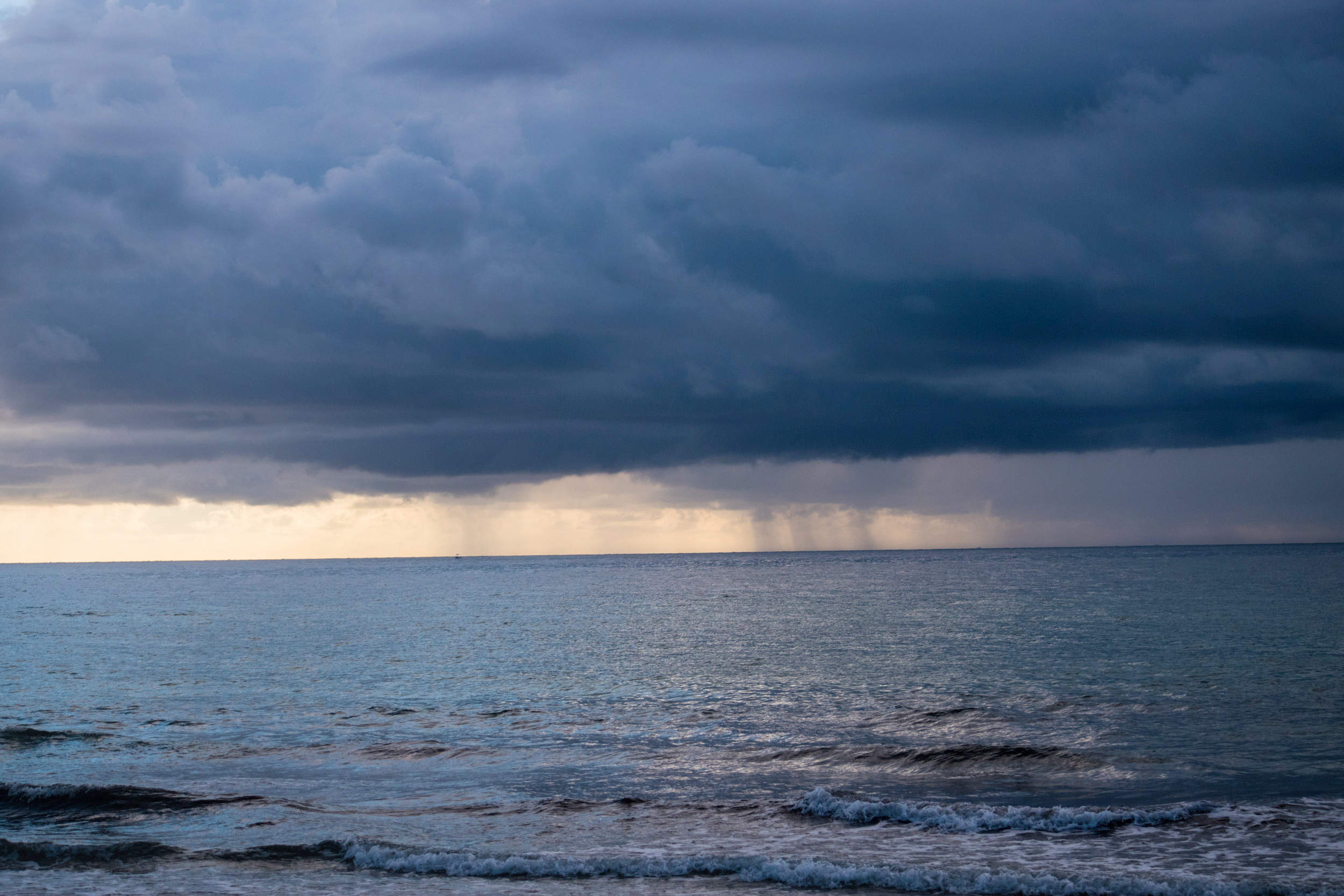
The British Isles is set to face the worst Atlantic storm in almost 60 years as ex-Hurricane Ophelia gets ready to strike.
Hurricane Ophelia was considered to be the sixth major hurricane in this year’s season, which has included the highly destructive Hurricane Harvey and Maria.
However, in its path across the Atlantic, the storm has been downgraded from its category three hurricane status after passing over cool water in the North Atlantic.
Ophelia is now an ex-hurricane with destructive winds, according to the UK’s Met Office.
Read more: here’s how UK storms are named
The Met Office said:
How well do you really know your competitors?
Access the most comprehensive Company Profiles on the market, powered by GlobalData. Save hours of research. Gain competitive edge.

Thank you!
Your download email will arrive shortly
Not ready to buy yet? Download a free sample
We are confident about the unique quality of our Company Profiles. However, we want you to make the most beneficial decision for your business, so we offer a free sample that you can download by submitting the below form
By GlobalDataBefore reaching the British Isles the system will lose its tropical characteristics and will no longer be classified as a hurricane. However, it will still have sufficient energy to produce impacts, such as very strong winds and heavy seas, leading to dangerous conditions in exposed locations.
Weather warnings are in place throughout Ireland, Wales and Scotland. Winds are expected to be between 55mph up to 80mph maximum over the course of today.
Other strong winds are of up to 60-70mph are expected across the rest of England, whereas South East England, which includes London, has been enjoying warm and dry weather thanks to the conditions of the tropical storm.
Here's the last 24 hours of satellite imagery from Hurricane #Ophelia when it was a Category 2. Now an Ex-hurricane with destructive winds pic.twitter.com/zsNPXJDmj2
— Met Office (@metoffice) October 16, 2017
How will Hurricane Ophelia affect Ireland?
According to Reuters, Ireland has dispatched its armed forces to shore up flood defenses with sandbags as a result of Ophelia.
The chairman of Ireland’s National Emergency Coordination group, Sean Hogan, said:
You should not be out in this storm … this is an extreme weather event.
Hogan also said the storm has the potential to be a “life-threatening event” in the country.
Afternoon fights have been cancelled at Dublin Airport, as well as at Land’s End Airport in [this place].
In addition, ferries to and from the Isle of Man, an island in between Ireland and England, have been cancelled in the wake of the storm.
University classes have been cancelled across Ireland and Northern Ireland and people have been warned not to leave their homes to look at the extreme waves the winds will bring.
The Telegraph reported that over 1,000 troops are on standby.
Does the UK often have hurricanes?
In the past 160+ years, there have only been around 10 so-called extratropical storms, which are usually the tail ends of hurricanes, like Hurricane Ophelia.
Storms need warm water conditions to gain energy, which explains why when they make their way across cooler water to the UK, they often calm down. This is why the UK doesn’t experience hurricane devastation the way the Caribbean and the US does.
This year has been particularly bad for hurricanes in part due to favourable conditions.
The Climate Prediction Centre told National Geographic, that the strong west African monsoon season aligned to make the Caribbean Sea and the tropical Atlantic, where storms develop, perfect for hurricane conditions.







